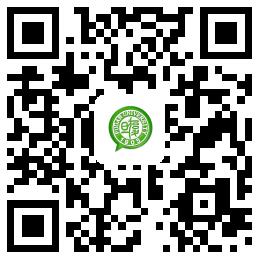Magnetic Transition Metal Clusters and Their Interaction with Molecules (磁性过渡金属团簇及其分子的相互作用的量子化学研究)
发布时间:2015-10-09
报告人:Miguel Castro 教授
Departamento de Física y Química Teórica, DEPg. Facultad de Química, Universidad Nacional Autónoma de México, México D. F., C. P. 04510, México.
题目:Magnetic Transition Metal Clusters and Their Interaction with Molecules (磁性过渡金属团簇及其分子的相互作用的量子化学研究)
摘要:The lowest energy states of small clusters of titanium, Tin (n ≤ 13), and iron, Fen (n ≤ 13), atoms were determined by means of all-electrons density functional theory calculations. Assignment of the ground state for each cluster was allowed through a comparison of the density of states (DOS) with the experimental photoelectron spectra (PES) of the anions. The results indicate the appearance of small magnetic moments (μB) for Tin; reaching rapidly a value of a null μB for Ti13. On the other hand, high magnetic moments, bigger than that of the bulk (2.2 μB for Fe(bcc)) were found on Fen clusters in the size range studied. Indeed, Fen exhibits superparamagnetism, even for clusters containing hundred of atoms. Addition of benzene molecules quenches markedly the magnetic moment of the Fen clusters. Moreover, the ionization energies (IE) of the Fen–(benzene)m systems decrease notoriously as “m” increases, reaching IEs even smaller than those of the alkaline atoms. The electron affinity increases as more benzene molecules are added on the Fen–(benzene)m systems. These behaviors are accounted by delocalization effects of the valence electrons through the network of metal–metal and metal–ligand bonds. The ability of the Fen particles to activate small molecules, such as propane (C3H8) and methane (CH4) will be discussed.
时间: 2015年10月30日(周五),9:30~11:00
地点: 环境学院(4号学院楼)3158
主持人:苏亚欣教授
欢迎广大师生参加!



